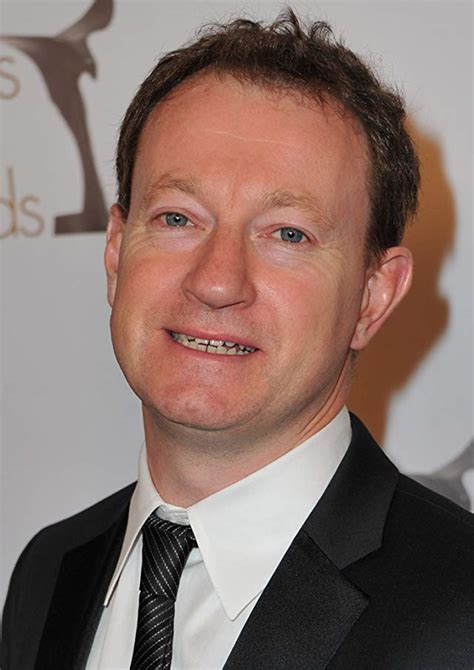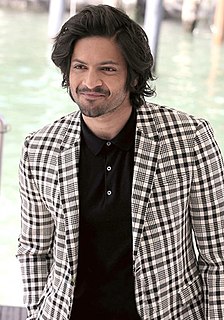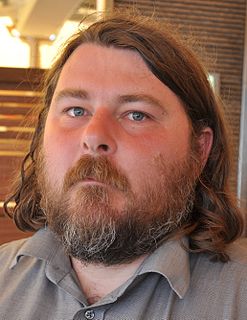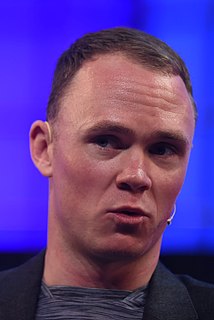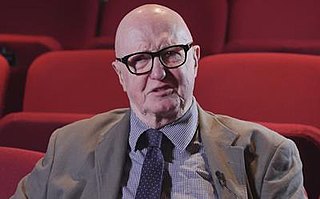A Quote by Ken Loach
After 'The Gamekeeper' I made one other film called 'Looks and Smiles,' but making British films was very difficult. There wasn't a tradition of British cinema.
Related Quotes
People say, "How do you get into the British film industry?" There is no British film industry, there are just people making films and finding their own way. It's not like in the States where there are studios and there's an actual infrastructure to it; there's just nothing here. You make it from scratch a lot of the time.
In the late 1930s, both the British and American movie industries made a succession of films celebrating the decency of the British Empire in order to challenge the threatening tide of Nazism and fascism and also to provide employment for actors from Los Angeles's British colony. The best two were Hollywood's Gunga Din and Britain's The Four Feathers...
I think now you see a lot more British films from the perspective of, I guess what would be considered "new" British people - people of color, Asian people. I think that's what's happening now, whereas 20 years ago it couldn't happen because it was still predominantly, "British film is about middle-class white families and what they do."
I'm British; I live here, and I've always made my films here. And we're on a journey in British filmmaking right now. We're attracting big films again. 'Star Wars' filming here will employ thousands of people. We're world-class in so many of the craft elements, and the vibrancy of our filmmaking is strong.


